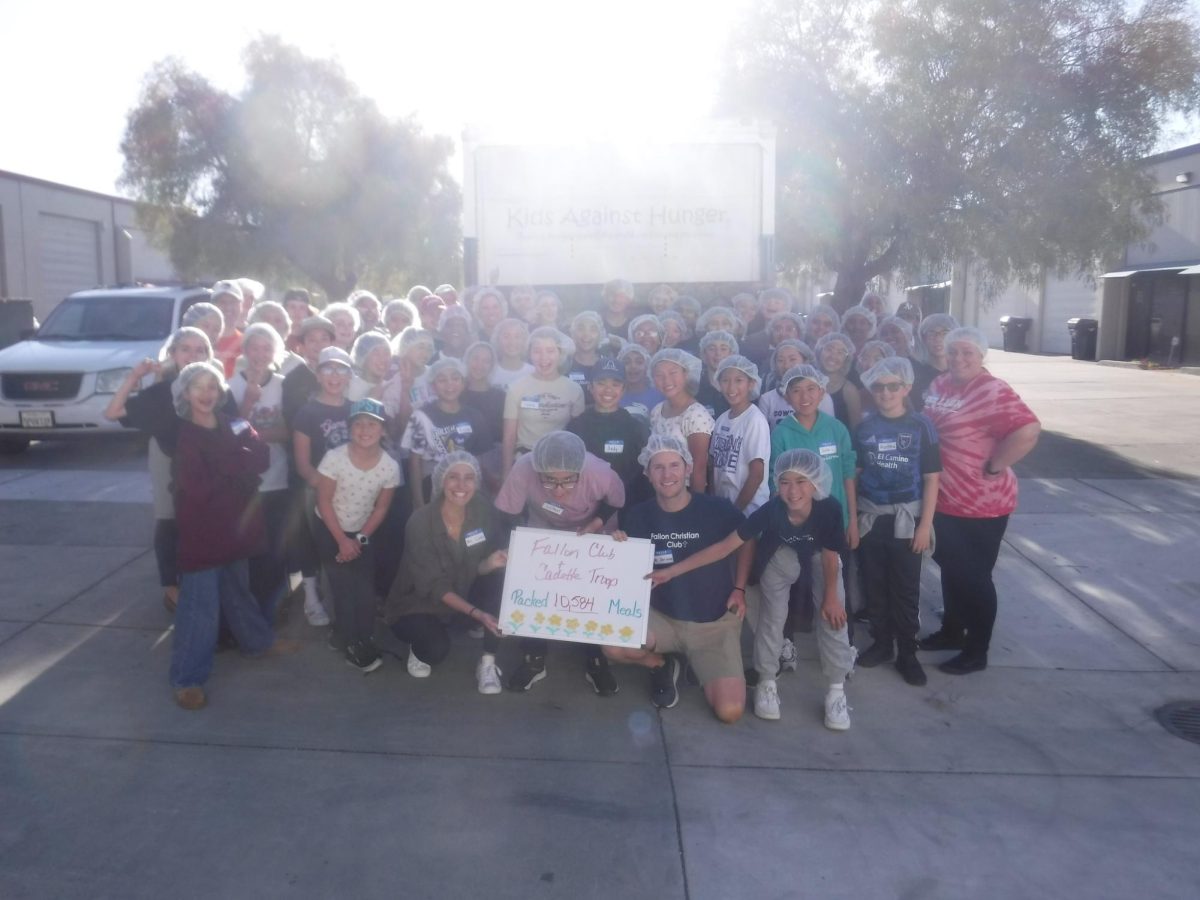Countless homework assignments, endless classwork, and never ending tests. It may seem that middle school is meant to stress us out, but it is merely meant to increase our durability for high school. Luckily, a session called AP, or Academic Prep is held for the students’ benefit. However, it has come to students’ attention that AP isn’t available on Mondays, and is replaced with a period called Advisory.
As many students have observed, Advisory is a period where supplementary lessons are conducted, such as social, emotional, or procedural routines, including earthquake, fire, and intruder drills. The period is also used to educate students of the different cultures and heritages, by conducting informatory slides and videos to brief students about other communities and cultures.
Regardless of all of the extra activities planned, what is the significance of advisory? Many students at Fallon have thoughts about the significance of Advisory. Eighth grader Anika Lalwani states, “I feel Advisory is a bit unbeneficial to students as it doesn’t give students the opportunity to complete their homework on Monday. I personally believe that I receive much more homework on Monday compared to other days of the week.” Clearly, whether or not having more homework on Monday may seem opinionated, a common opinion amongst all of the grade levels is the loss of a period to do homework, or study for tests. With Advisory held on Monday, students are prevented from studying for tests in 6th period, or possibly reducing their homework haul that afternoon. A common concern from the students is getting too much homework to do.
A typical viewpoint about the significance of advisory is getting information and treating advisory as a homeroom period, where you can connect with your teachers and get a period that is different from academics. From the administration perspective, sixth grade vice principal, Mrs. Causapin has observed that advisory is beneficial for students if the teacher is also involved in the lesson. If the teachers have a good mindset about advisory lessons and are interested in teaching them, then students will be active in the lesson. Mrs. Causapin has also witnessed advisory taking place at Aptos Middle School in San Francisco. The period was different from Fallon Middle School because they had Advisory in the beginning of the day. Students would get a chance to pull themselves together and focus on the rest of their days.
Mrs. Causapin explains, “‘I think the time period of Advisory could be used a little differently. Classes could make plans and say ‘this Monday, we’re going to play games against this class, or we’re playing friendship games in the classroom!’ I think this could make Advisory more exciting and interesting for students. It could build a lot of culture and community within the school.” Having more interaction amongst different classes at Fallon would bring more unity and harmony to the school. With more friendships and more exchanges, Advisory could be the period Fallon needed to thrive into a more friendly school community.
Mrs. Causapin concludes, “I would like to see a little more action during Advisory. Then again, Leadership and PEAC are already doing these activities, but kids don’t participate,” Planning activities could engage the student body to act like a community and learn something from Advisory. Students could review slideshows and advisory lessons on their own time. Organizing fun, collaborative activities, such as interclass connection games, could make students appreciate the period and their classmates more.
However, a lot of planning would be needed to make this vision come to light. Mrs. Causapin confirms that her future vision for the school shouldn’t be established, or even considered until a couple of years later. Right now, Advisory will remain as a break period for students to learn about other cultures, events, and skills around Fallon.
























